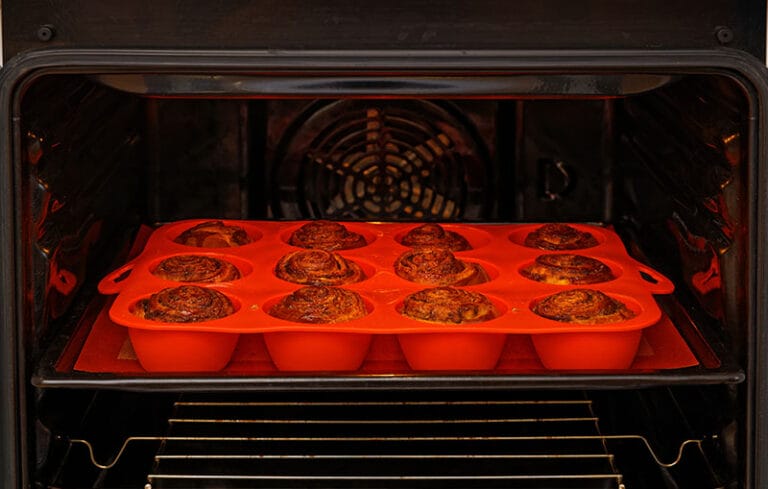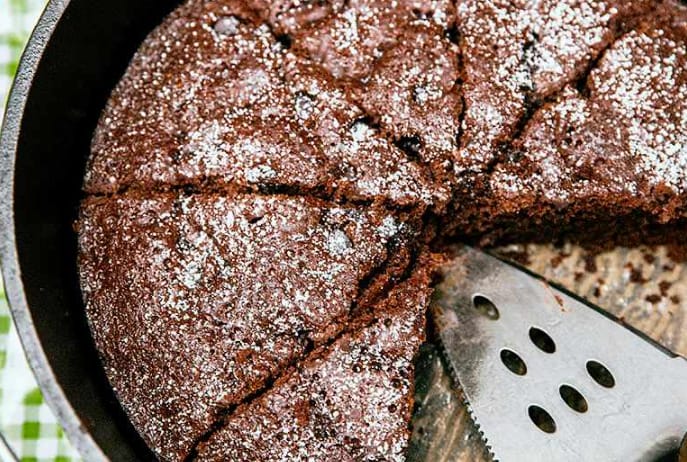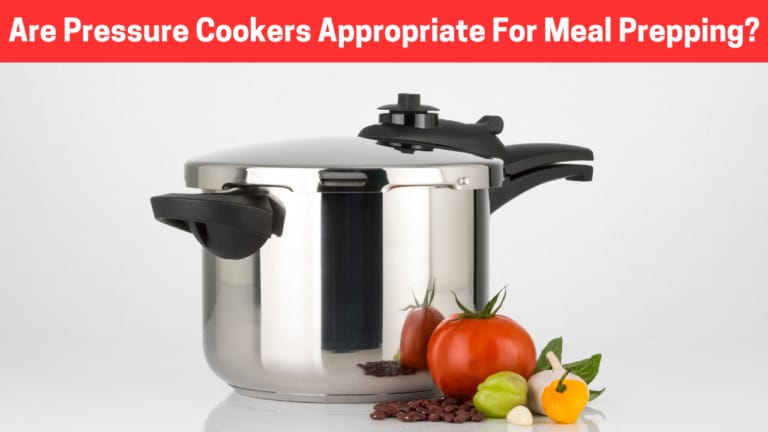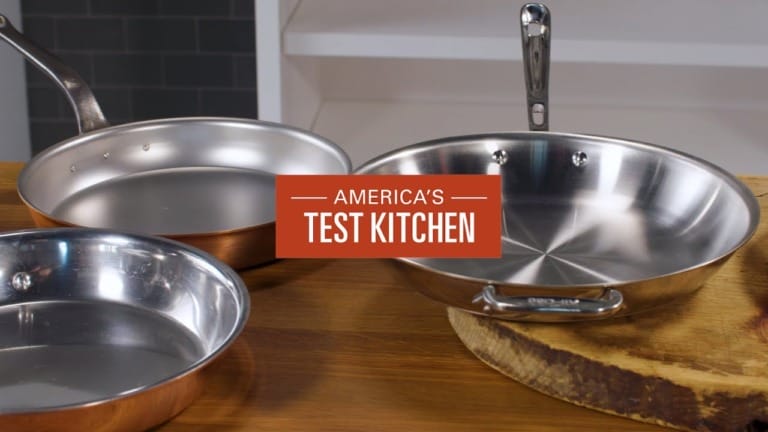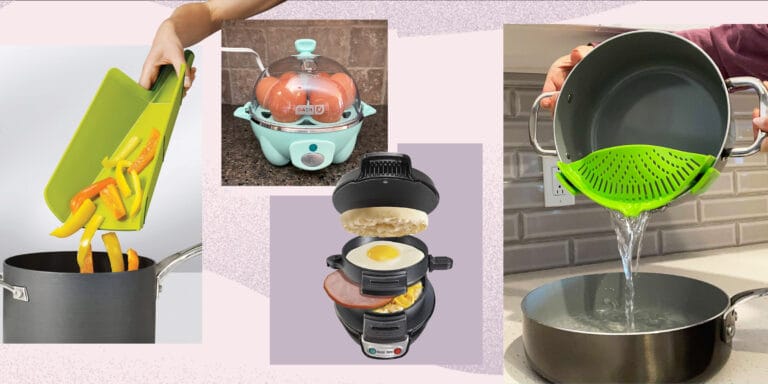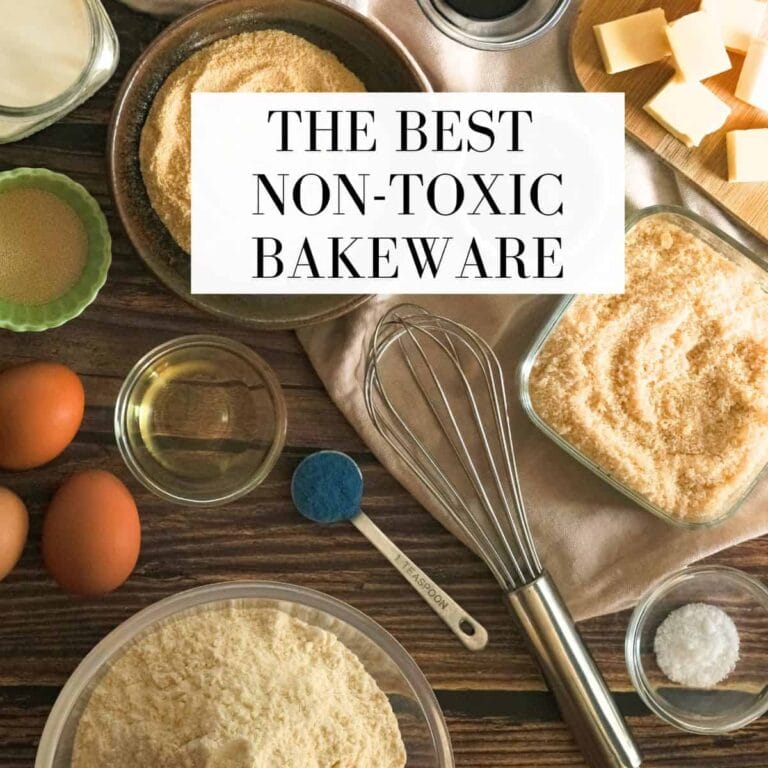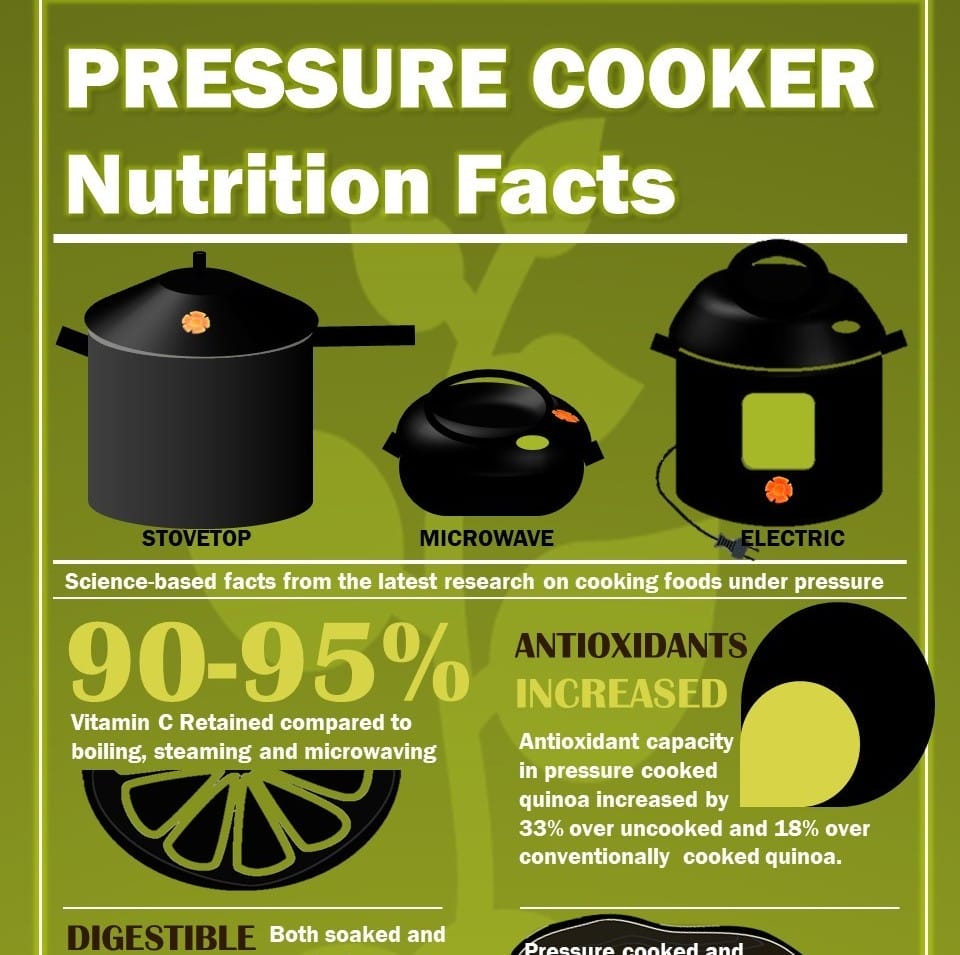
Have you ever wondered if pressure cooking is a healthy way to prepare food? Well, you’re in luck! In this article, we’ll explore the question: Can pressure cooking preserve nutrients?
Pressure cooking has gained popularity for its ability to cook food quickly and efficiently. But does it retain the essential nutrients our bodies need? Let’s dive deeper into the science behind pressure cooking and find out!
If you’re curious to learn whether pressure cooking affects the nutritional value of your favorite meals, keep reading. We’ll uncover the truth about pressure cooking and its impact on the nutrients in your food. Get ready to discover the benefits and potential drawbacks of this cooking method. You won’t want to miss it!
Can Pressure Cooking Preserve Nutrients? The Answer Lies in Science
Pressure cooking can indeed preserve nutrients in food. The high heat and steam created in a pressure cooker help retain vitamins and minerals that may be lost through other cooking methods. By cooking food quickly and efficiently, pressure cooking minimizes nutrient loss. So, if you want a fast and healthy cooking method that preserves the nutritional value of your meals, pressure cooking is a great choice!
Mechanism of Pressure Cooking and Nutrient Preservation
Pressure cooking works by creating an airtight environment within a sealed pot. As the pot is heated, the water inside it turns to steam, which builds pressure and increases the boiling point of water. This higher temperature and pressure allow the food to cook faster than traditional cooking methods.
When it comes to nutrient preservation, the tight seal and high temperature of pressure cooking help to minimize nutrient loss. Compared to other cooking methods like boiling, pressure cooking reduces the exposure of food to water.
Water-soluble nutrients, such as vitamin C and B vitamins, tend to leach out when exposed to water for extended periods. By reducing the cooking time and exposure to water, pressure cooking can help retain these nutrients in your meals.
Benefits of Pressure Cooking for Nutrient Preservation
1. Retention of Water-Soluble Vitamins: As mentioned earlier, pressure cooking minimizes nutrient loss, particularly for water-soluble vitamins like vitamin C and B vitamins. The shorter cooking time and decreased exposure to water help these delicate vitamins stay intact.
2. Preservation of Heat-Sensitive Nutrients: Certain vitamins, such as vitamin C and thiamine (vitamin B1), are heat-sensitive and can be easily degraded during cooking. With pressure cooking, the shorter cooking time and reduced exposure to high heat can help preserve these heat-sensitive nutrients.
3. Retention of Minerals: Pressure cooking is also effective in preserving minerals, such as potassium and magnesium, which are essential for our overall health. These minerals are not significantly affected by high temperatures, so pressure cooking helps retain them in your meals.
Pressure Cooking vs. Other Cooking Methods: Comparing Nutrient Preservation
To truly understand the impact of pressure cooking on nutrient preservation, it is essential to compare it with other popular cooking methods. Let’s take a closer look at the differences between pressure cooking, boiling, steaming, and baking.
Boiling
Boiling is a common cooking method where food is submerged in water and cooked at a constant temperature. However, this method can lead to nutrient loss, especially for water-soluble vitamins. The longer the food is exposed to water, the more nutrients it may lose. In contrast, pressure cooking significantly reduces the cooking time, minimizing the loss of water-soluble vitamins.
Steaming
Steaming is another popular cooking method that involves cooking food above simmering water. It is often considered a healthier alternative as it uses direct heat and minimal water. Steaming helps retain nutrients, especially in vegetables, as they are not immersed in water. However, pressure cooking retains more nutrients overall due to the shorter cooking time and sealed environment.
Baking
Baking is a dry cooking method that uses hot air to cook food. While baking can help retain certain nutrients, it is not as effective as pressure cooking in terms of nutrient preservation. Baking often requires longer cooking times at high temperatures, which can lead to nutrient degradation. In contrast, pressure cooking retains more nutrients due to the sealed environment and shorter cooking time.
Tips for Maximizing Nutrient Preservation in Pressure Cooking
While pressure cooking is a great method for preserving nutrients, there are a few tips you can follow to maximize nutrient retention:
1. Use a minimal amount of water: The less water you use, the fewer nutrients are likely to be lost. Use just enough water to create steam and maintain the pressure.
2. Cut food into uniform sizes: By cutting your ingredients into similar sizes, you can ensure that they cook evenly and retain their nutrients more effectively.
3. Use natural release: After pressure cooking, allow the pressure to release naturally. This gradual release of pressure helps to preserve the nutrients within the food.
4. Avoid overcooking: Be mindful of the cooking time and avoid overcooking your food. Overcooking can lead to nutrient degradation, so it’s best to follow recipes or cooking guidelines to ensure optimal cooking times.
Pressure cooking is a cooking method that can indeed preserve nutrients in your meals. Its unique mechanism, shorter cooking time, and sealed environment help minimize nutrient loss.
By using this cooking method and following some simple tips, you can enjoy nutritious and flavorful meals without compromising on the nutritional value of your food. So go ahead, embrace pressure cooking, and savor the benefits it brings to your health and well-being.
Frequently Asked Questions
Welcome to our FAQ section where we address common questions about pressure cooking and its impact on nutrient preservation. Find below five engaging Q&A pairs that shed light on the topic.
1. How does pressure cooking affect the nutrients in food?
Pressure cooking is a method of cooking that uses steam and high pressure to cook food quickly. When it comes to nutrient preservation, pressure cooking is actually quite efficient. The high heat and pressure in a pressure cooker can break down tough fibers in food and make nutrients more easily absorbed by the body.
While some heat-sensitive vitamins like vitamin C may experience a slight reduction, pressure cooking helps retain more water-soluble vitamins, such as B vitamins, compared to other cooking methods like boiling. Overall, pressure cooking is a great way to preserve nutrients in food.
2. Does pressure cooking destroy antioxidants in food?
Pressure cooking does not destroy antioxidants in food. It can help retain them. Antioxidants, such as vitamins A, C, and E, help protect our cells from damage caused by free radicals. These antioxidants are stable under heat, and pressure cooking, which reduces cooking time, and helps retain them better compared to other longer cooking methods.
The shorter cooking time and minimal exposure to oxygen in a pressure cooker help preserve the antioxidants, ensuring that you can still benefit from their health-promoting properties.
3. Does pressure cooking result in the loss of minerals from food?
Pressure cooking helps preserve minerals in food. Minerals like potassium, magnesium, and calcium are important for various functions in our bodies, and pressure cooking helps keep them intact. Since pressure cooking reduces cooking time, it minimizes the loss of minerals compared to methods like boiling, where minerals can leach into the cooking water.
Using a minimal amount of liquid in a pressure cooker allows veggies to retain more minerals than they would if they were boiled, making pressure cooking an excellent method for preserving these essential nutrients.
4. Can pressure cooking help retain the color and texture of vegetables?
Yes! Pressure cooking can help retain the vibrant colors and textures of vegetables. The quick cooking time in a pressure cooker helps vegetables retain their natural pigments. Compared to other methods like boiling, where vegetables can become dull and mushy, pressure cooking locks in the bright hues and maintains a desirable texture.
It’s important to note that each vegetable has its optimal cooking time to preserve its color and texture, so it’s worth exploring specific pressure cooking guides for the best results.
5. Is it possible to overcook food and lose nutrients when pressure cooking?
Yes, it is possible to overcook food and potentially lose some nutrients when pressure cooking. Just like with any cooking method, overcooking can cause nutrient loss. This is why it’s crucial to follow recommended cooking times and release the pressure promptly to avoid overcooking.
By using a timer and following recipes or guidelines, you can ensure that your food is cooked to perfection, preserving its nutrients while still enjoying the convenience and speed of pressure cooking.
So, can pressure cooking preserve nutrients in our food? The answer is, yes! Pressure cooking is a great way to retain the vitamins and minerals in our meals. By using steam and high pressure, it cooks food quickly and efficiently, without excessive heat or water.
This gentle cooking method helps to lock in the nutrients, ensuring that they stay in our food and make it onto our plates. So, if you’re looking for a healthy and time-saving cooking technique, give pressure cooking a try!
But remember, not all nutrients are created equal. Some vitamins, like vitamin C, can be sensitive to heat and may be partially lost during pressure cooking. However, other nutrients, such as B vitamins and minerals, are well-preserved.
The key is to find a balance by choosing the right ingredients and cooking times. So, while pressure cooking may not be perfect for every nutrient, it still remains a fantastic way to cook delicious, nutritious meals in a jiffy!

